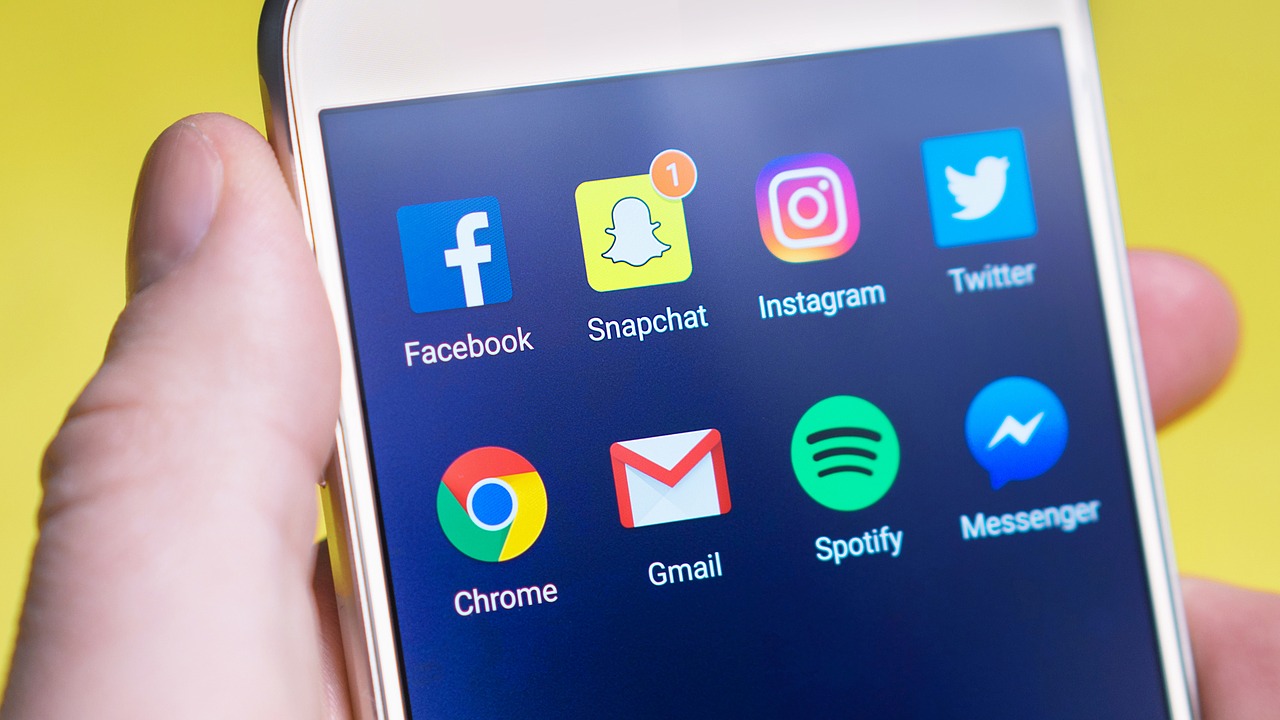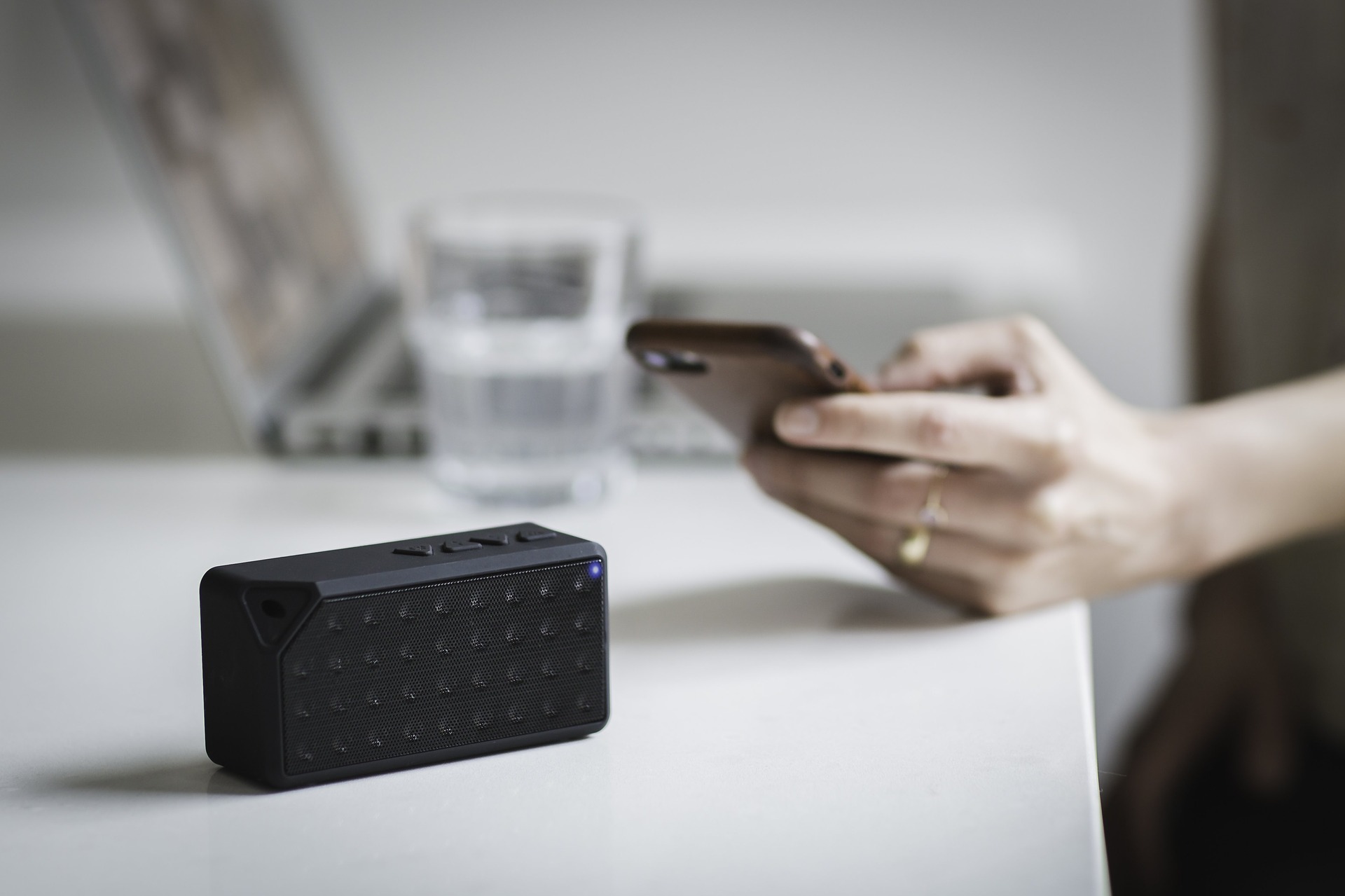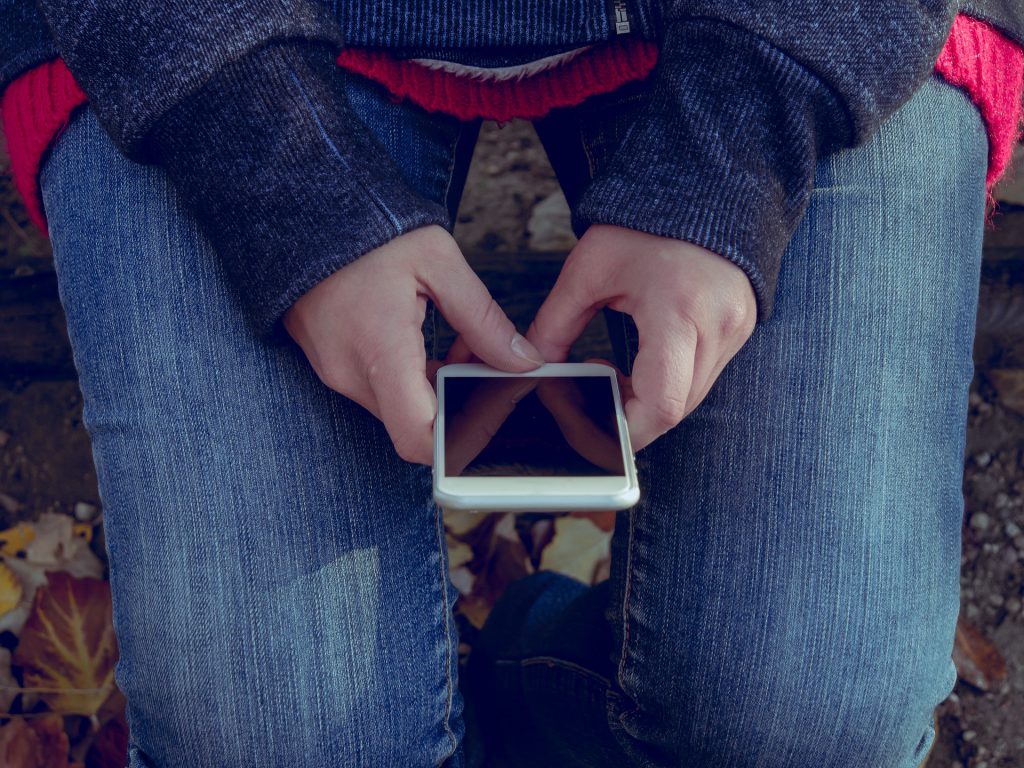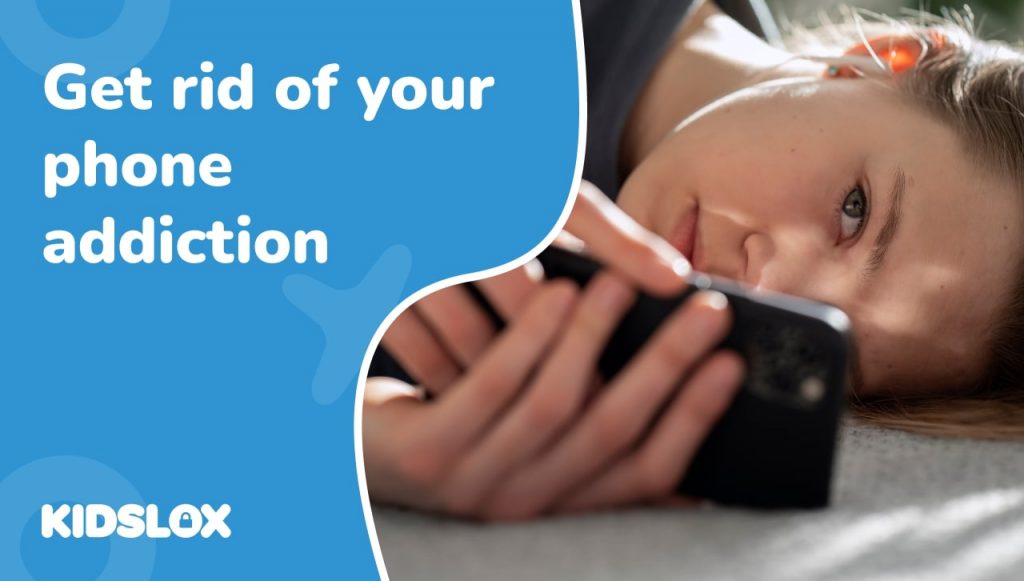Technology seems to make our lives easier and better. At first sight. But when you get down to it, the picture is not as rosy as it seems. Your phone is always with you and that’s the problem actually. Today people spend three hours a day on the phones on average. Most of us check the phone every fifteen minutes or even more often which can be a sign of addiction. Your gadget does not only take much of your time, but it also has a bad influence on your mental health. Social media might cause depression, not to say about the poor quality of personal relations and less productive daily life. Look at the useful tips below that will definitely help you to get handle the things and become less addicted to your phone.
Disable notifications

You just reach out your smartphone to check another notification and it turns into half-hour scrolling of news feed. Are you familiar with that? That’s because alerts are addictive and you even don’t notice how you’re drawn to them. If you turn the notifications off, you won’t have a temptation to check another notice. In case you’re afraid to miss something important, start with turning the sound off.
Establish phone-free periods each day
 Let’s be honest, we don’t need the phone around all the time. So why not to get rid of the device during dinner, while watching a film or talking to your family. Schedule your phone use and arrange phone-free periods. Put the phone off when you’re busy with something else. For instance, you may not check the phone while making dinner in the afternoon or spending time with your family in the afternoon. This easy trick will reduce distraction and you’ll see how quickly you become less addicted to your phone.
Let’s be honest, we don’t need the phone around all the time. So why not to get rid of the device during dinner, while watching a film or talking to your family. Schedule your phone use and arrange phone-free periods. Put the phone off when you’re busy with something else. For instance, you may not check the phone while making dinner in the afternoon or spending time with your family in the afternoon. This easy trick will reduce distraction and you’ll see how quickly you become less addicted to your phone.
Put it away
 If you don’t have physical access to your smartphone right away, you’re less likely to check it every single minute. So put it on mute, hide it in a drawer, and see how it works. You’ll make sure this advice helps to concentrate on work and to avoid distractions. Out of sight, out of mind.
If you don’t have physical access to your smartphone right away, you’re less likely to check it every single minute. So put it on mute, hide it in a drawer, and see how it works. You’ll make sure this advice helps to concentrate on work and to avoid distractions. Out of sight, out of mind.
Lock it
 There are certain apps (Kidslox is one of them) that allow locking your device. You can either schedule the time when the phone will be locked or the device will be shut down after you run out of your daily limit of screen time. The software is more appropriate for kids, still, adults can effectively use it to lick the habit.
There are certain apps (Kidslox is one of them) that allow locking your device. You can either schedule the time when the phone will be locked or the device will be shut down after you run out of your daily limit of screen time. The software is more appropriate for kids, still, adults can effectively use it to lick the habit.
Keep it away from the bedroom

The phone next to your bed means it’s within touching distance so you’re likely to check it before sleep or as soon as you get up. Researchers claim that using mobile devices before sleep activates the nervous system that keeps us up. So putting your gadget away will not only help you to become less addicted to your phone but also promote quick falling asleep and easy waking up in the morning.
No phone while driving
 To be on the safe side, refrain from talking and texting behind the wheel. Just look at the shocking statistics: in the US near a half million people are either injured or killed in accidents caused by simultaneous driving and texting. Remember that sending messages and taking calls while driving can cause distraction and put in danger not only yourself but others as well. Be responsible!
To be on the safe side, refrain from talking and texting behind the wheel. Just look at the shocking statistics: in the US near a half million people are either injured or killed in accidents caused by simultaneous driving and texting. Remember that sending messages and taking calls while driving can cause distraction and put in danger not only yourself but others as well. Be responsible!
Replace the bad habit

When you’re bored and want to kill the time, why not to grab a book instead of your phone? Psychologists advise replacing a bad habit of constant phone checking with a good one. So now when you stand in the queue or have some spare minute, feel free to read a few pages of your favorite author instead of scrolling news feed on your smartphone.
Change thinking
 Change of thoughts will refresh your emotions and influence your attitude towards cell phone use. Mind that whatever you’re going to check on the phone is not so essential as it may seem. Whenever you’re tempted to text or read the news feed, ask yourself if this is urgent or can be put off.
Change of thoughts will refresh your emotions and influence your attitude towards cell phone use. Mind that whatever you’re going to check on the phone is not so essential as it may seem. Whenever you’re tempted to text or read the news feed, ask yourself if this is urgent or can be put off.
Find other engaging alternatives
 Using your phone is linked to mood-boosting activity. Instead, you might attend other activities increasing your mood, let it be sports, drawing or sewing. The main thing is that hobby will bring you positive emotions and you’ll have less time to spend on the phone.
Using your phone is linked to mood-boosting activity. Instead, you might attend other activities increasing your mood, let it be sports, drawing or sewing. The main thing is that hobby will bring you positive emotions and you’ll have less time to spend on the phone.
Hide distracting apps off the home screen
 A lot of things we do on the phone are unconscious. You shift from one app to another without thinking about it. But if you have to look for an app intentionally, then accidental entries are less likely to happen. Keep important apps that help you to develop on the main screen. Hide software that only kills your time on the second page or remove their icons at all.
A lot of things we do on the phone are unconscious. You shift from one app to another without thinking about it. But if you have to look for an app intentionally, then accidental entries are less likely to happen. Keep important apps that help you to develop on the main screen. Hide software that only kills your time on the second page or remove their icons at all.
Get real

Instead of interacting with your nearest and dearest over the phone or on social media, find time for face-to-face meetings. Try to communicate with real people, not virtual friends and acquaintances. Meet people in real life, share real emotions and conversations. It’s really great!
Fresh start of the day

Do you check Instagram feed as soon as you wake up in the morning? This habit will do no good for you. It’s far better to dedicate first hour an hour of the day for things that are more beneficial. Take your time and fresh up, get exercise, cook healthy breakfast and plan your day. Kick start your day productively and foster positive habits.
Reward yourself for less time on the phone

This is called positive self-reinforcement when a person is taught positive behaviors with the help of the reward system. For instance, if you achieve your objectives concerning phone usage, treat yourself with some tasty food or a little present. And you will find the progress soon.
Remember that the addiction takes place when there are problems in your life. If you live a full life, if you have proper ways to overcome difficulties like communication with your nearest and dearest, you’re less likely to develop an addiction. So the lasting fix to become less addicted to your phone is not about the phone itself. It is more about the change of the priorities and dedicating more time to people around you.





